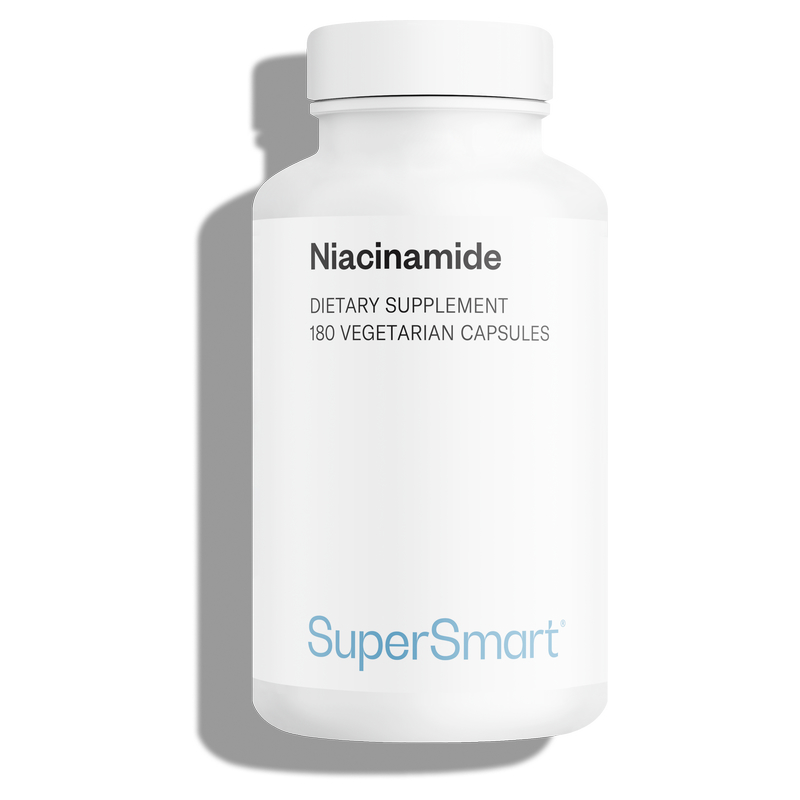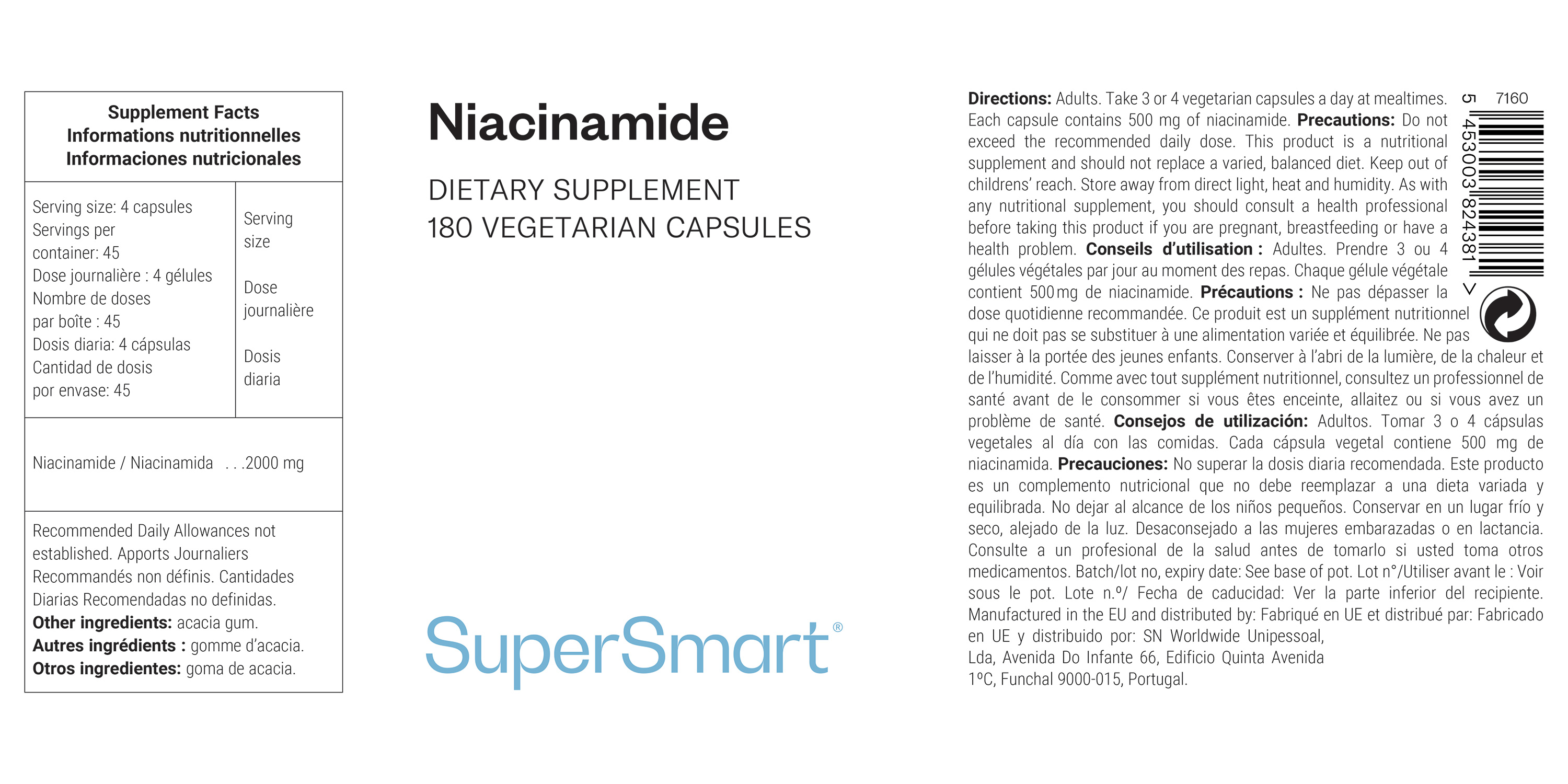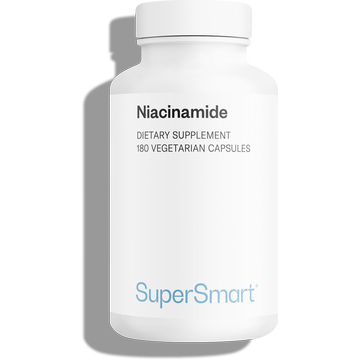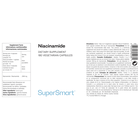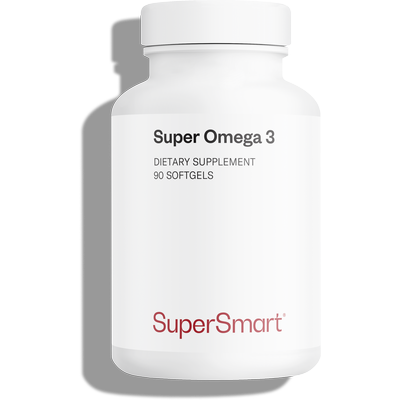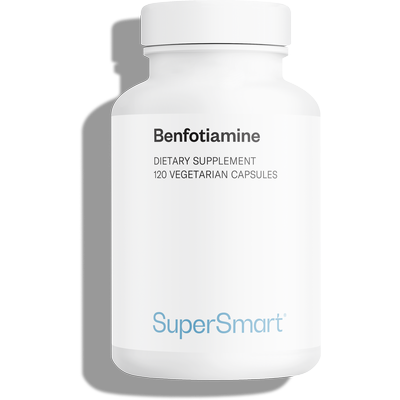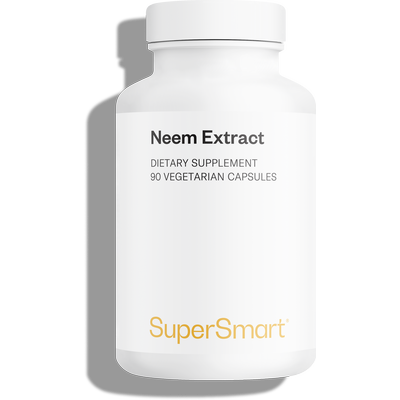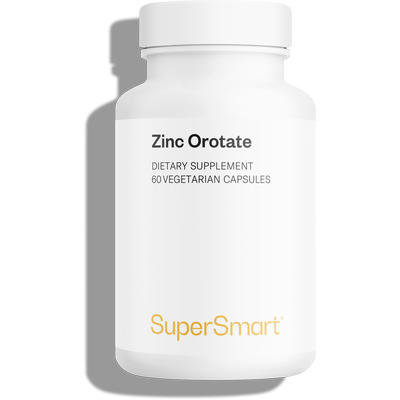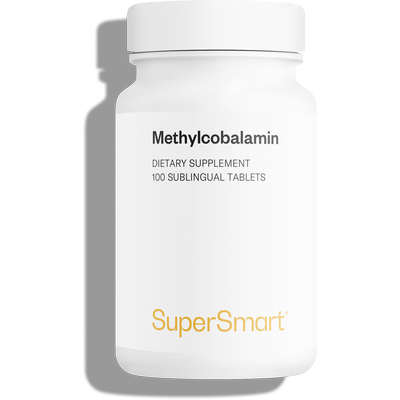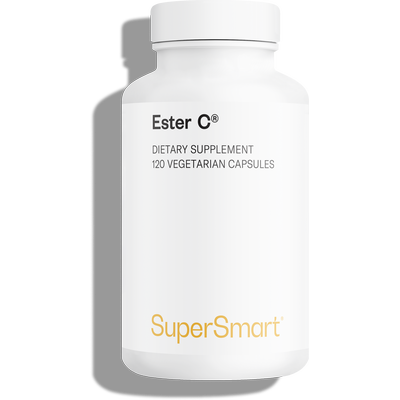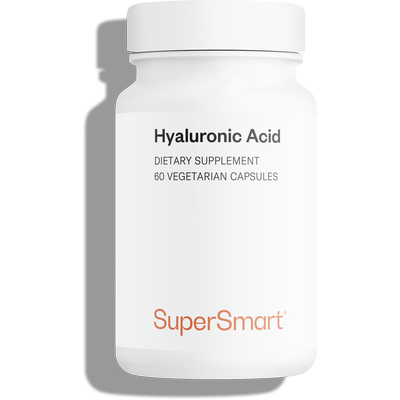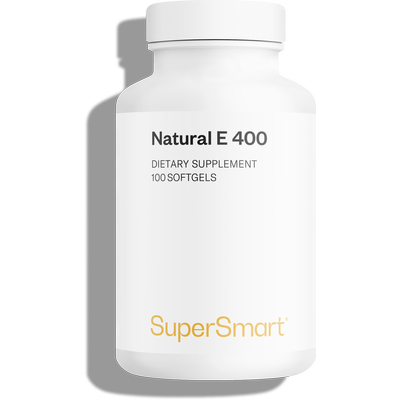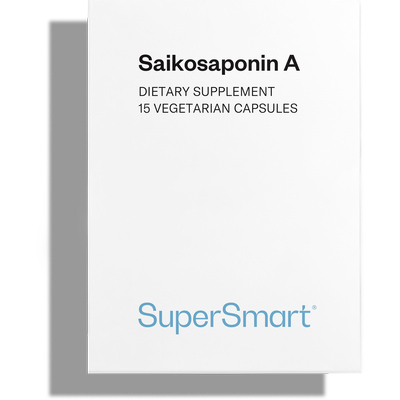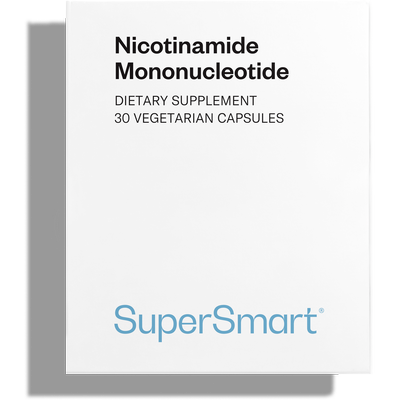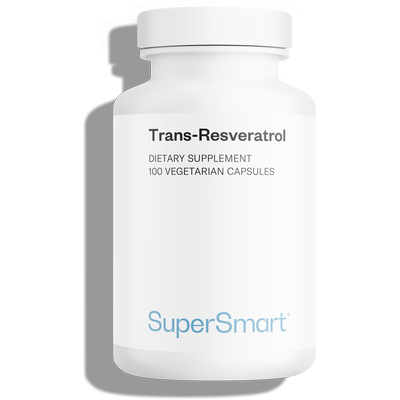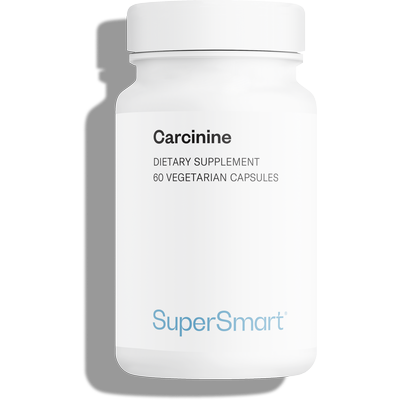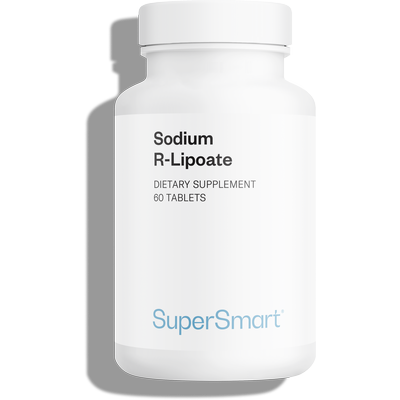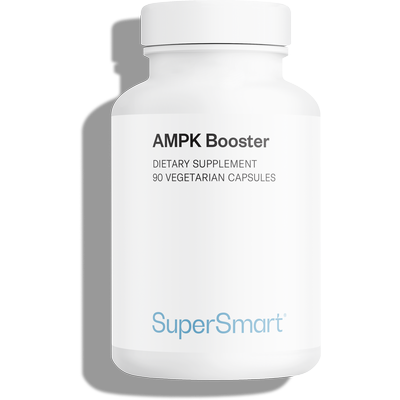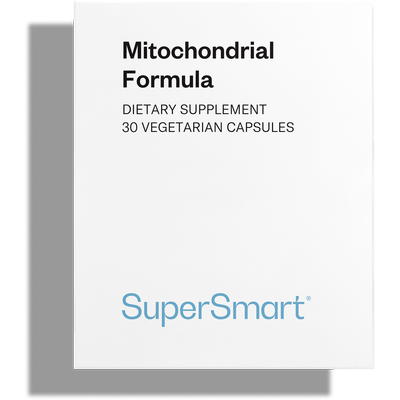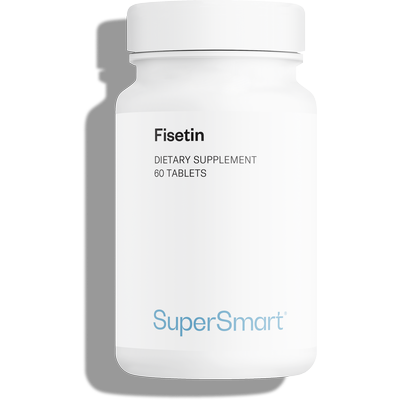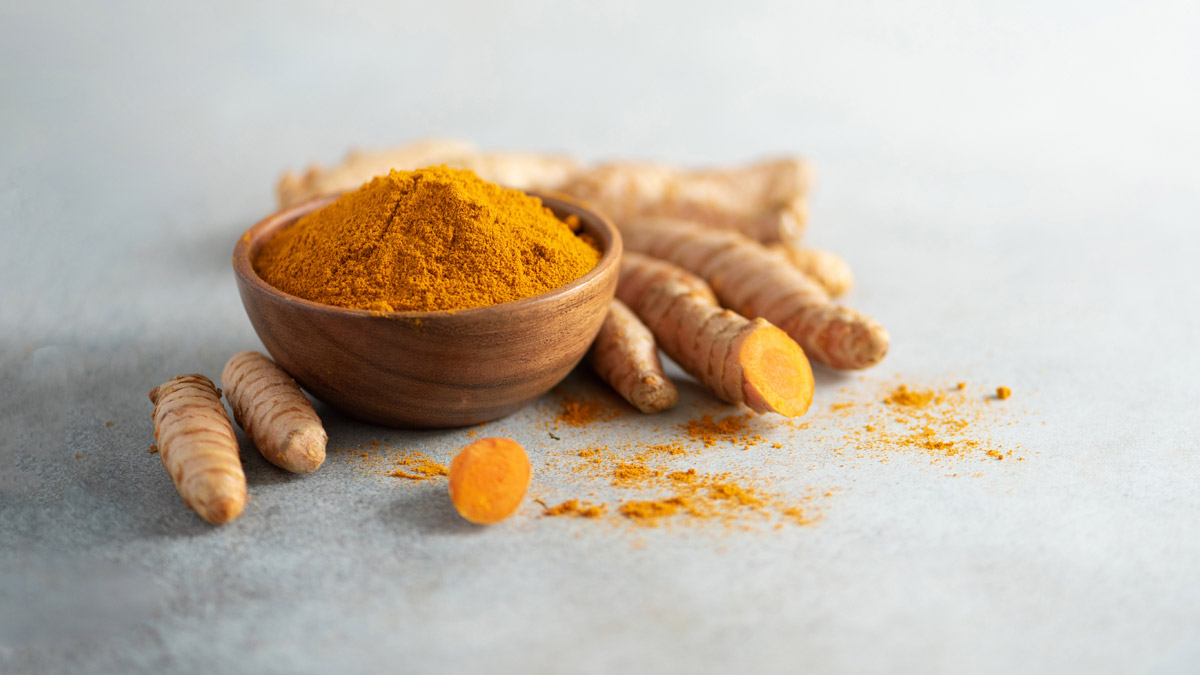Complete your selection
Niacinamide is a dietary supplement containing physiologically active vitamin B3. Once ingested, it is converted in the body into nicotinic acid which has the same type of vitamin activity. Niacinamide supplementation fits well in any complementary regime to hold back ageing and prevent visible skin damage.
What is vitamin B3?
Vitamin B3 is a molecule essential to health. In particular, it helps to:
- maintain integrity of tissues, notably those of the arteries, skin and nervous system;
- make optimal use of proteins, fats and carbohydrates;
- transport oxygen to cells;
- optimise function of the digestive system;
- produce red blood cells;
- improve the barrier function, appearance and texture of the skin (by stimulating lipid synthesis in the stratum corneum).
What are the differences between niacin and niacinamide?
Niacinamide (also known as nicotinamide, nicotinic acid amide, 3-pyridinecarboxamide) is the active form of vitamin B3, which is sometimes referred to as niacin or vitamin PP. In fact, niacin is converted in the body into niacinamide which is a major precursor of two co-enzymes vitally important for health: NAD (nicotinamide adenine dinucleotide) and NADPH (nicotinamide adenine dinucleotide phosphate). Put simply, these co-enzymes ensure the supply of energy to cells: they play a role in more than 200 vital enzymatic reactions.
Numerous studies have shown that levels of these two co-enzymes decrease with age (1-4) particularly in skin tissue, a decline that may be related to senescence. As we grow older, our skin cells secrete less collagen: niacinamide may help restore its production (5). It may also help to improve the appearance of ageing, sun-damaged skin.
Niacinamide is less effective than niacin at reducing blood cholesterol levels. Though both molecules have the same vitamin activity, this cholesterol-lowering benefit may not be vitamin-related.
Taking large amounts of niacin invariably causes skin flushes (especially on the face and neck) and itching within 60 minutes of ingestion. This does not happen with niacinamide and it thus constitutes an excellent alternative for those who need a significant amount of B3, to treat pellagra, for example.
What is in Niacinamide
Any questions?
Certain plant-source foods such as beans, wheat and oats contain a small amount of niacinamide as do animal organs like liver, kidneys and muscle (6-7).
Niacin, which as mentioned, is converted into niacinamide in the body, is more available in the diet, particularly from animal products:
- Chicken (15-20 mg per 100g)
- Salmon (18mg per 100g)
- Beef liver (17mg per 100g)
- Tuna (12mg per 100g)
- Peanuts (6mg per portion)
- Pork (5mg per 100g)
Nowadays, deficiency in vitamin B3 is rare. It is only seen in severely undernourished people and alcoholics.
Taken long-term, large amounts of vitamin B3 can have negative effects, particularly on liver health. You are therefore strongly recommended to consult a health professional before taking it for extended periods.
You should also seek medical advice before starting supplementation if you are being treated for alcoholism, liver disease or hypercholesterolaemia, as niacinamide can interact with drug molecules associated with such treatments.
Vitamin B3 acts synergistically with other B vitamins (particularly B1, B2 and B6). In cases of deficiency, it’s therefore best to take a supplement that contains all 8 B vitamins.
In addition, as part of an anti-ageing programme, it’s a good idea to adopt the following measures throughout the supplementation period:
- Take some exercise every day. Being physically active is the closest you can get to finding the Fountain of Youth! It reduces the risk of several age-related disorders, while maintaining strong bones, improving brain function and keeping daily energy levels up. Whatever your age, it’s possible to increase your muscle strength by 30% in under 10 weeks (8)!
- Watch what you eat. A healthy diet is key to preventing the diseases that come with age. Try to consume 5-10 portions of fruit and vegetables every day, eat wholegrains, reduce your intake of animal-source proteins and high-sugar foods, and take a daily multivitamin supplement.
- Reduce your stress levels. It’s widely agreed that stress adversely affects the ageing process: in increasing damage to DNA and cell structures, reducing immune system efficacy and attacking cognitive function, stress can undoubtedly accelerate the rate at which you age. So try to adopt a more detached attitude to your worries, escape the causes of your anxiety, and try to get at least seven hours’ sleep a night.
This product’s capsules are made of pullulan, a natural polysaccharide obtained by fermenting tapioca or corn. Pullulan contains no animal ingredients and provides an excellent barrier to oxygen, helping to preserve the integrity of the capsule’s ingredients. It is also an eco-friendly alternative to synthetic materials.
august 10 2024
Le meilleur rapport qualité-prix que j'ai rencontré jusqu'à présent
The best value for money I have encountered so far
 see the translation
Translated by SuperSmart - see the original
see the translation
Translated by SuperSmart - see the original
april 21 2024
march 22 2024
Vitamine b3 importante pour le cerveau.
Vitamin B3 is important for the brain.
 see the translation
Translated by SuperSmart - see the original
see the translation
Translated by SuperSmart - see the original
october 24 2023
october 10 2023
Super bon Produit, Trés Efficace
Super good product, very effective
 see the translation
Translated by SuperSmart - see the original
see the translation
Translated by SuperSmart - see the original
Need help?
You may also like

